Photographer and publisher Jacques Dumont shares his hands-on perspective in this Tamron 16-30mm G2 review, offering readers both technical insights and real-world examples. With decades of experience in the photographic industry, Dumont highlights how this ultra wide angle lens delivers versatility for landscapes, travel, architecture, and low-light situations.
His review blends practical shooting tips with personal stories, making it an engaging guide for anyone considering the Tamron 16-30mm F/2.8 Di III VXD G2 as their next wide angle lens companion.
Text and photos by Jacques Dumont
What You’ll Learn In This Article:
- Why the Tamron 16-30mm G2 review proves this lens is an essential tool for creative photographers.
- How this ultra wide angle lens expands possibilities in landscape and travel photography.
- The advantages of the Tamron 16-30mm F/2.8 Di III VXD G2 for sharp, immersive images.
- Practical techniques for getting the most out of a wide-angle lens in architecture and interiors.
- Real-world examples highlight why many call it one of the best wide angle zoom lenses available today.
Why I Use the Tamron 16-30mm F2.8 G2 Wide Angle Lens
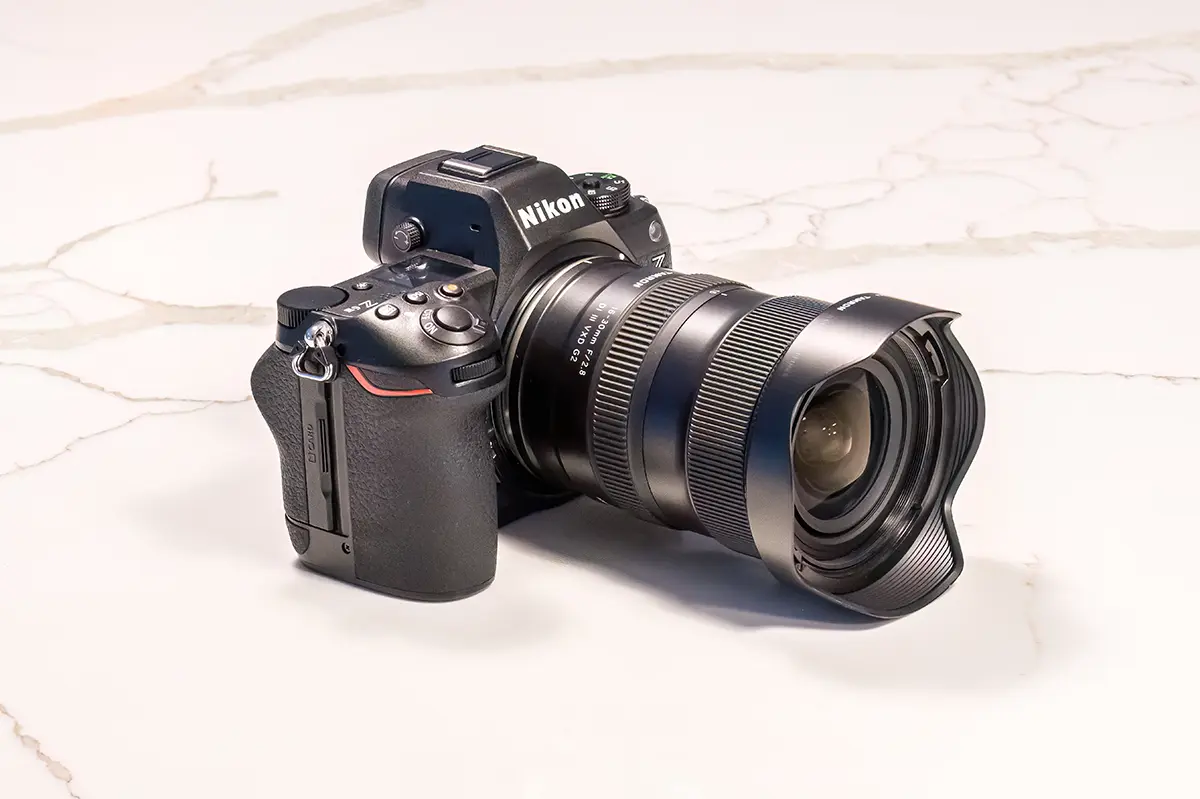
When people ask me why I always carry an ultra wide-angle lens in my camera bag, my answer is simple: it opens up horizons I could never capture otherwise. The Tamron 16-30mm F2.8 G2 is one of my favorite tools, whether for my travels, hikes, or more technical photographic projects.
It’s not just a lens: it’s an invitation to see bigger, to dive into a scene, to play with perspectives.
Today, I’d like to share my hands-on experience, while also providing a few technical and practical insights to better explain why this lens deserves a place in every passionate photographer’s bag.
The Wide View: Another Way of Seeing the World
What fascinates me most about the Tamron 16-30mm F2.8 is its ability to transform my perception of a scene. At 16mm, I step into another dimension: space seems to stretch, lines converge, and the image becomes almost immersive. It’s the perfect tool for capturing grand landscapes, majestic interiors, or even narrow urban scenes where stepping back isn’t an option.
At 30mm, I still keep that breadth, but I gain precision and control. This allows me to tighten the frame, focus more on details while retaining the wide-angle dynamism. It’s this duality—between expansiveness and subtlety—that makes it such an incredibly versatile wide angle lens.
Its expansive field of view makes it a natural choice as a landscape photography lens, allowing you to capture vast horizons with detail and depth.
I remember shooting inside churches where the 16mm focal length allowed me to reveal the entire architecture at a glance. On the other hand, on a city terrace, framing at 28 or 30mm helped me isolate a cozy atmosphere without losing the surrounding context.
In other words, this lens is not just wide: it helps me tell a fuller story.
F/2.8 Constant Aperture is Your Friend
The constant f/2.8 aperture lets me work easily in low light and play with depth of field, even with an ultra-wide-angle lens. Even in dim conditions, this ultra-wide-angle lens maintains clarity and control over perspective
Incredible Versatility in the Field
Where other lenses force me to make compromises, the Tamron 16-30mm F2.8 G2 sets me free. I can use it in very different contexts without ever feeling it’s out of place. From travel and architecture photography to street reporting, it adapts seamlessly to different shooting styles.
- While traveling: it covers most of my needs—landscapes, streets, interiors, architecture.
- While hiking: its light weight and sturdiness make it a discreet but reliable companion, even after hours of walking.
- For reporting: its speed and constant aperture help me capture the moment without sacrificing quality.
For me, it’s a “chameleon” lens: it adapts to the setting and to my intent, without forcing me to switch lenses constantly.
A Few Practical Tips for Using a Wide Angle Lens
- Watch the lines: At 16mm, perspective is spectacular but can distort verticals. A slight angle adjustment fixes most issues.
- Get closer: This lens loves when you approach your subject, as it enhances depth and immersion.
- Use f/2.8 wisely: Even though depth of field is still broader than with a telephoto, shooting wide open helps isolate a subject while keeping a suggestive background.
- Leverage the speed: In low light, the wide aperture and field of view reduce motion blur, often allowing me to shoot handheld.
- Think about an ND filter: For waterfalls or moving water, it remains essential to create a motion blur effect.
These little habits help me get the best out of the lens in varied situations.
My Real-World Experiences with the Tamron 16-30mm F2.8 G2
Rather than sticking to theory, here are some concrete examples where this wide angle lens truly made a difference in my work:
1. Fireworks
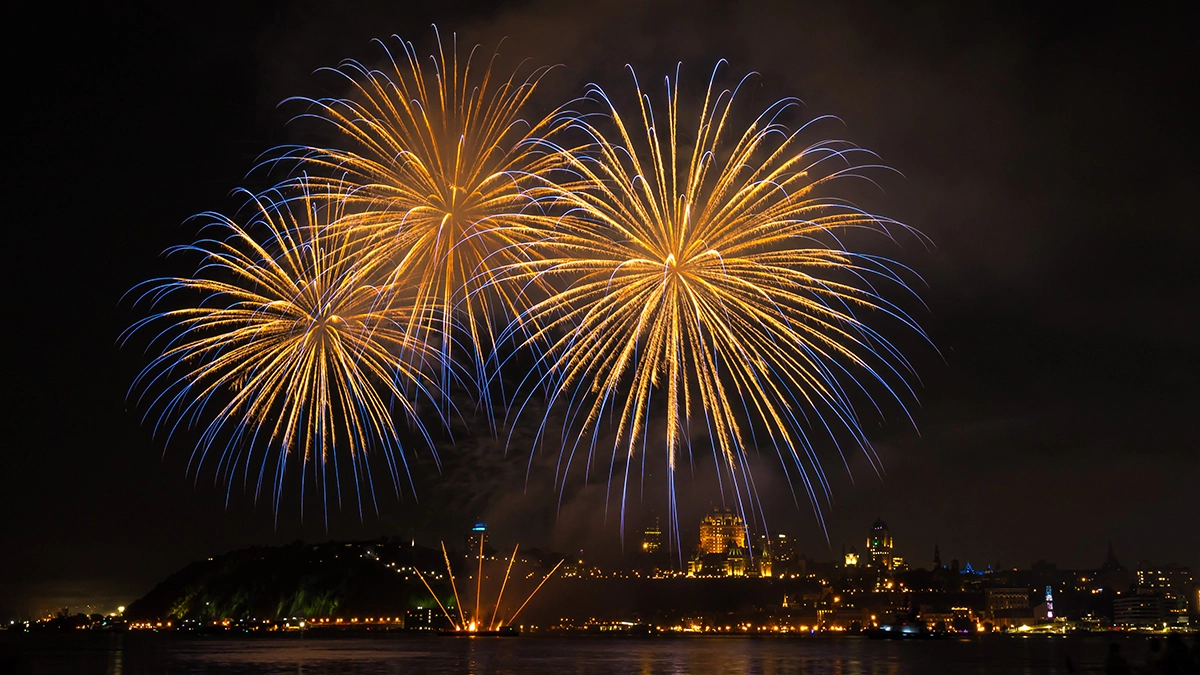
2. Sunflower Field
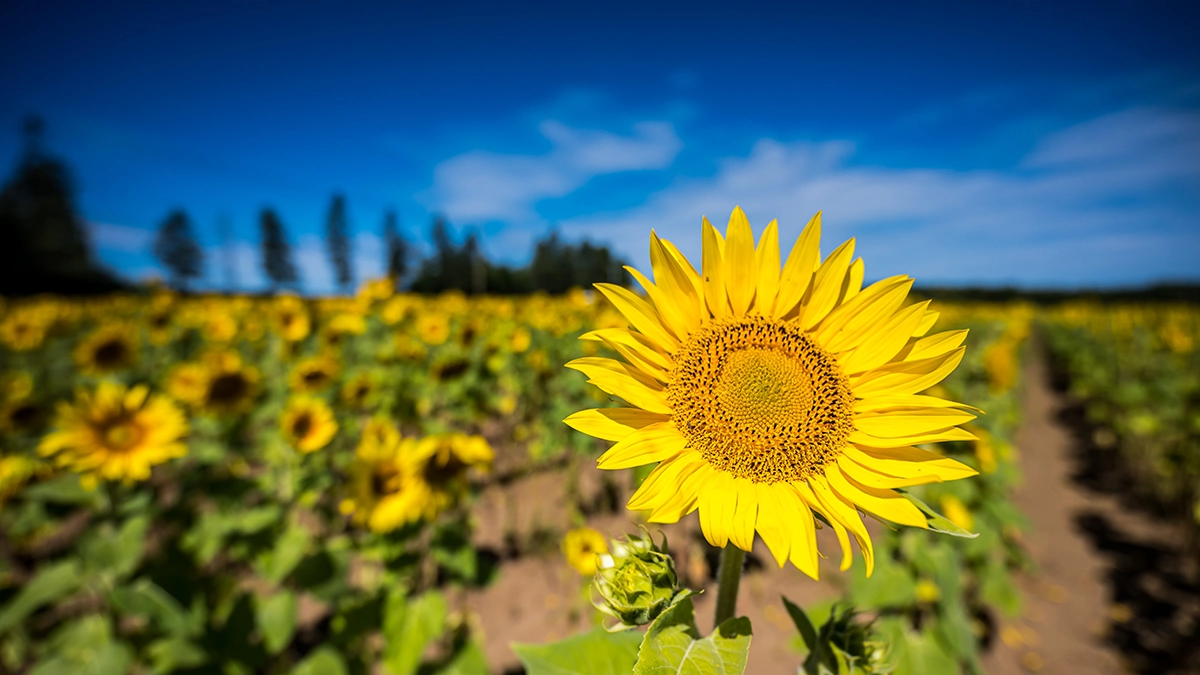
3. Sunset by the Sea
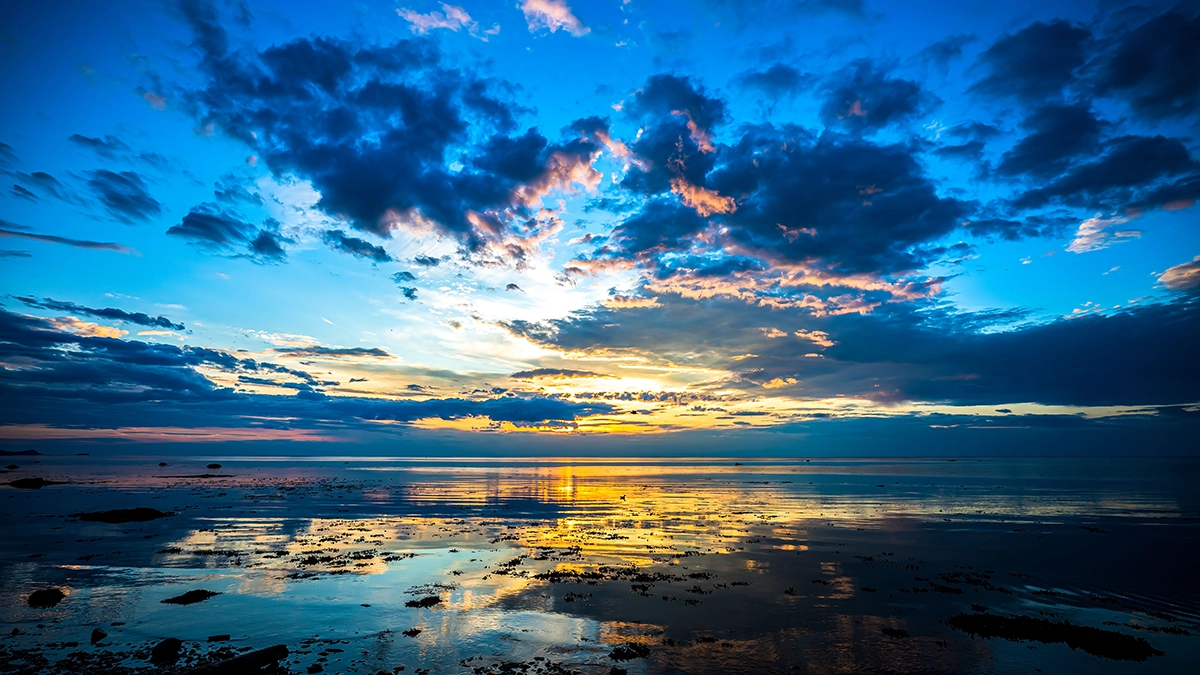
4. Hanging Umbrellas
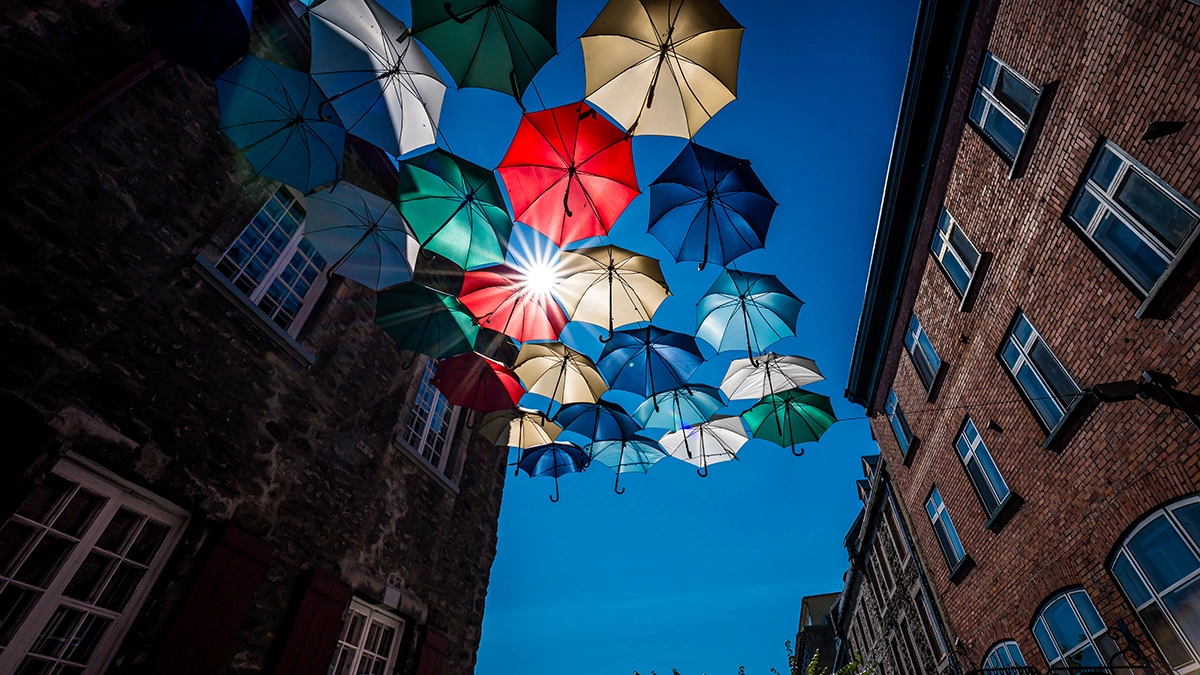
5. Forest Waterfall
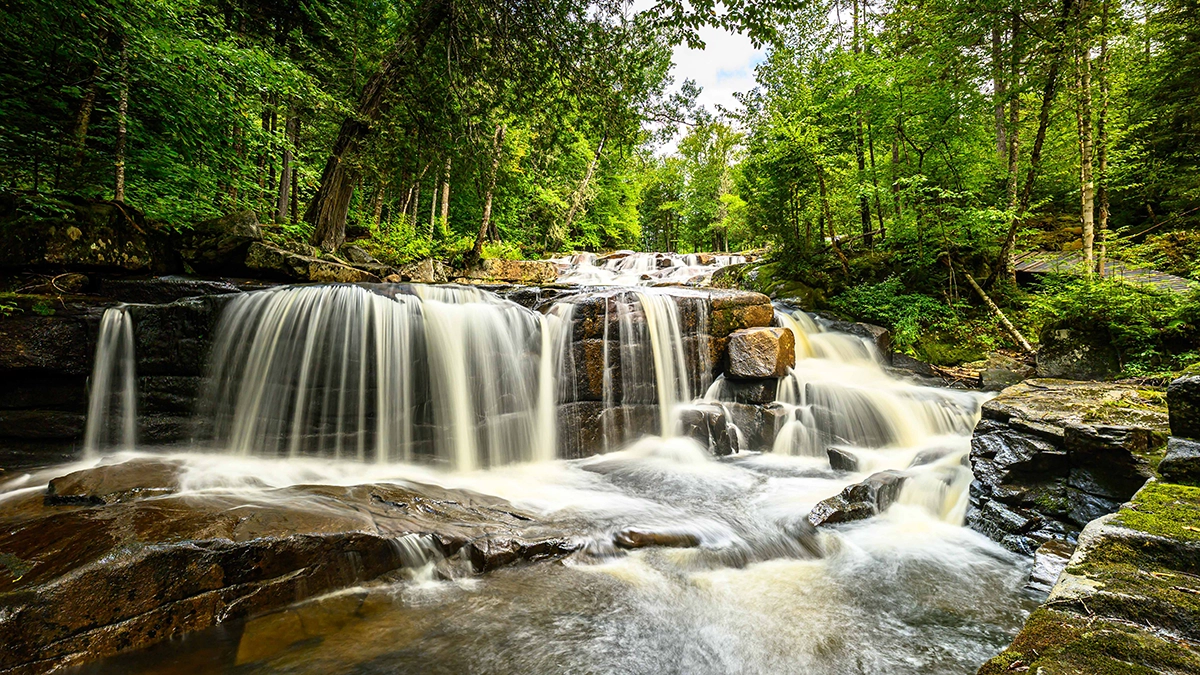
6. Church Interior

7. Vintage Car Show

8. Street Performers
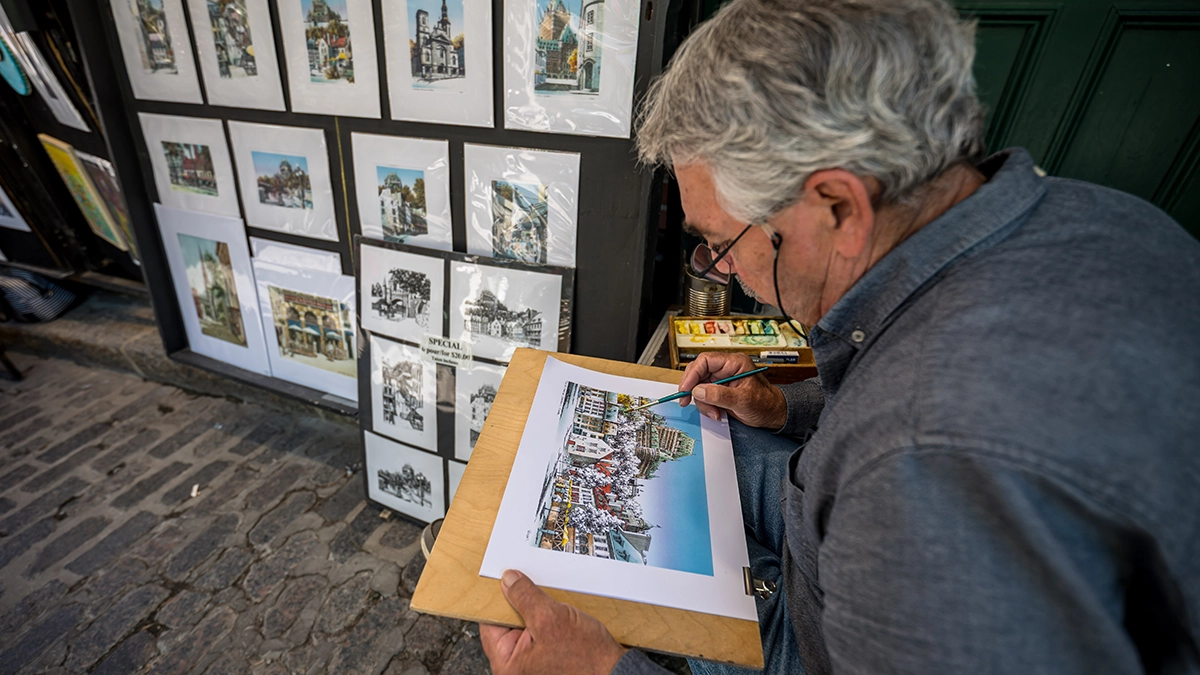
9. Urban Architecture
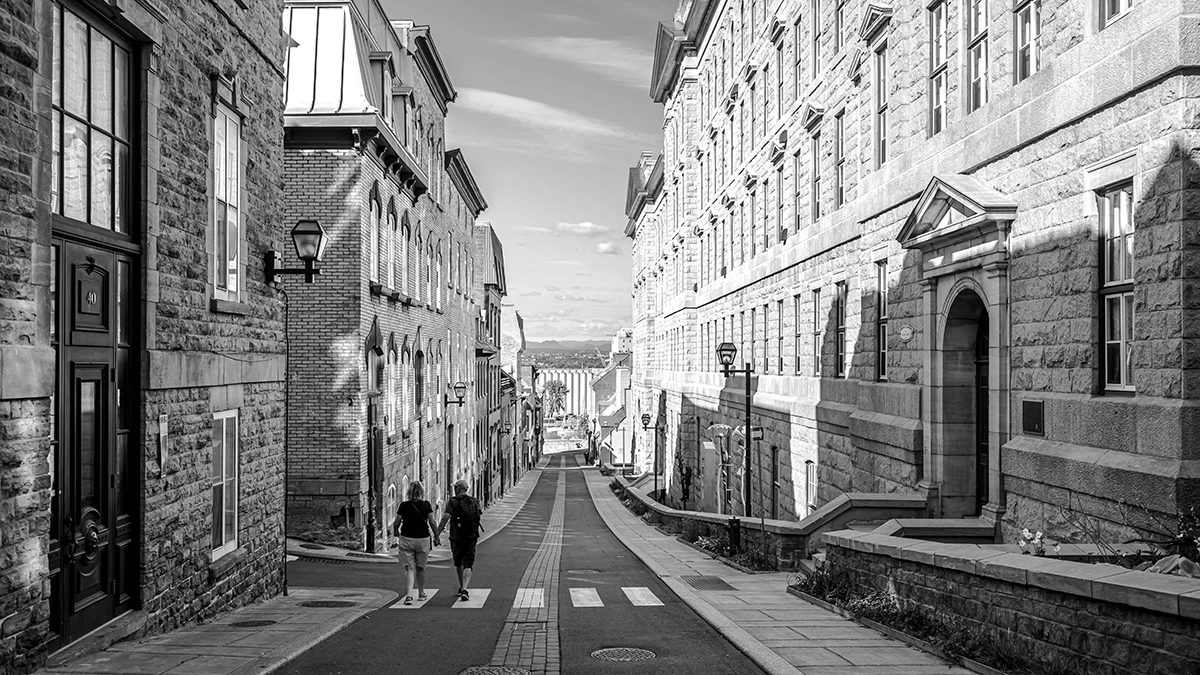
10. Cycling Grand Prix
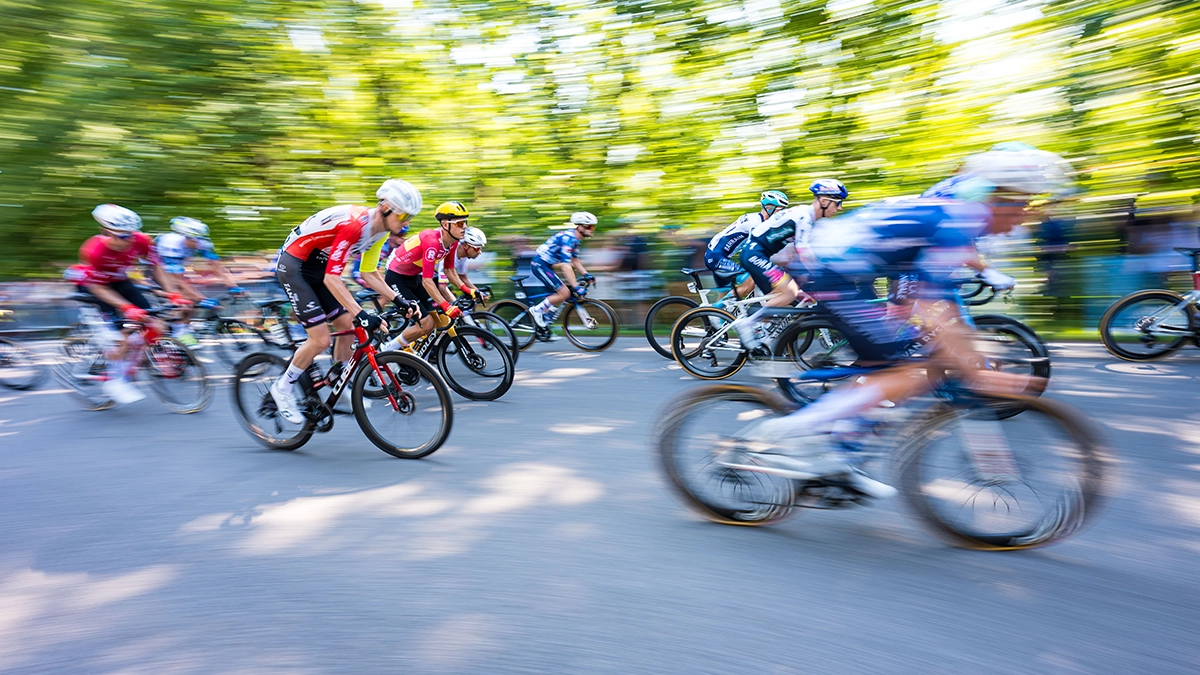
11. Fountain in Broad Daylight
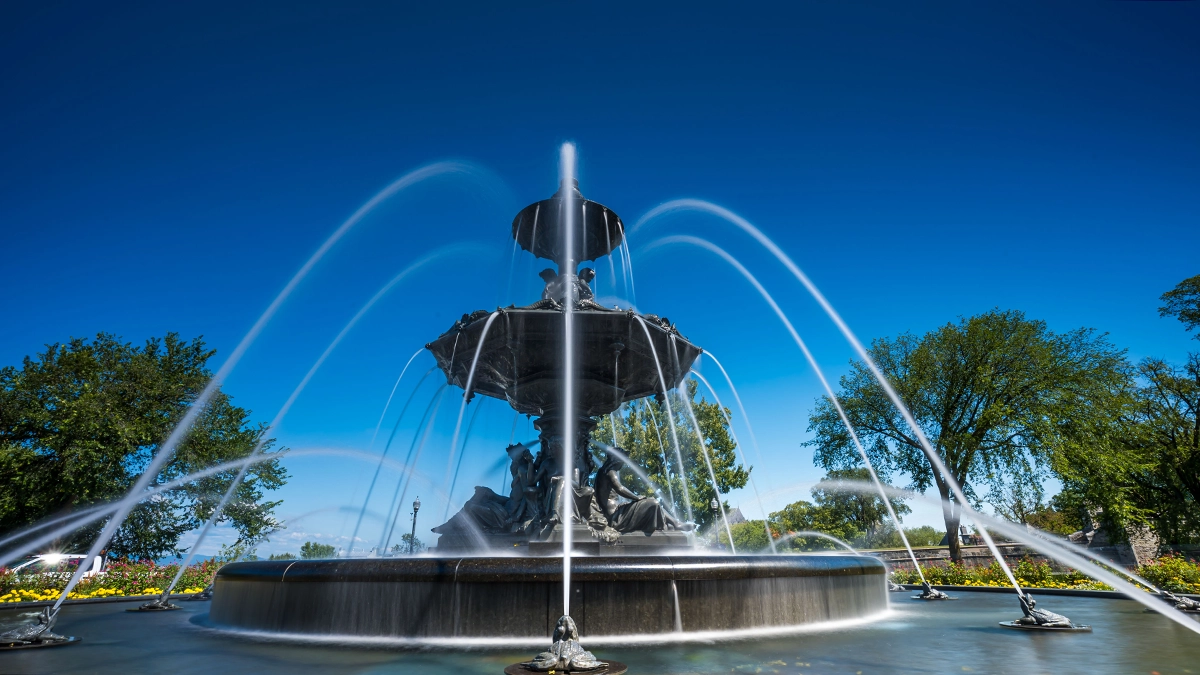
12. Mountain Ascent (450m Elevation)
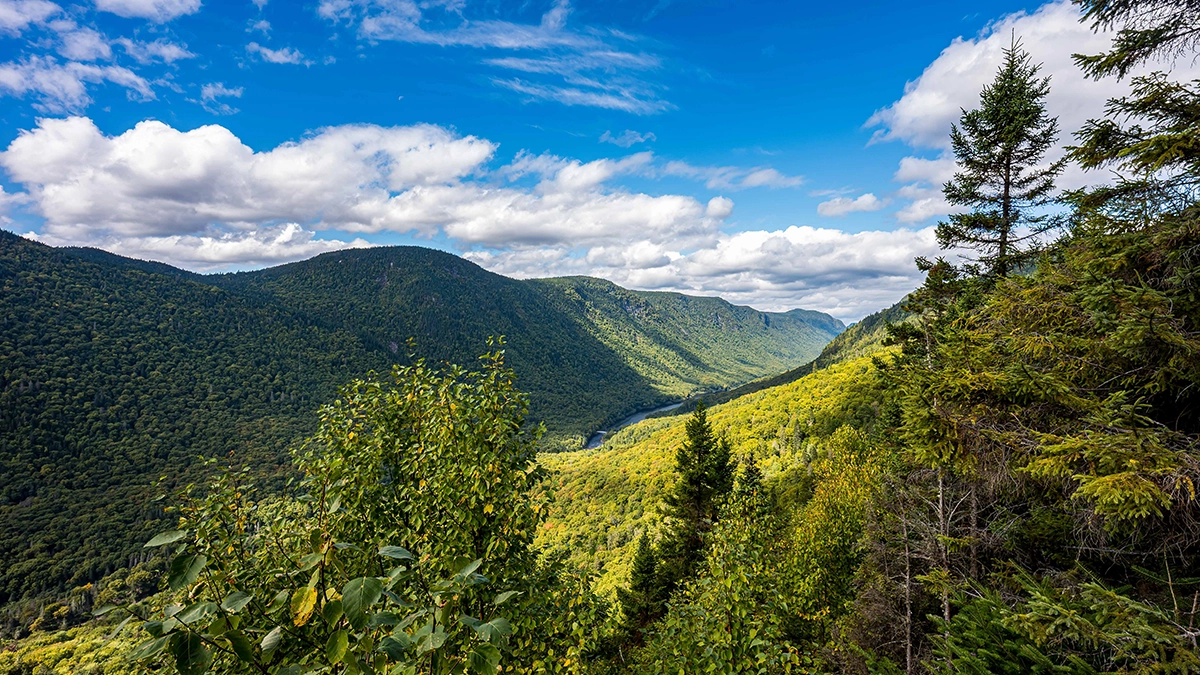
Every time I look back at these photos, I realize how much this lens allows me not just to document a scene, but to bring it back to life for those who view it.
Conclusion: An Indispensable Companion
Over the years, I’ve used many lenses, each with its strengths and limitations. Yet, the Tamron 16-30mm F2.8 G2 has become a must-have—not because it excels in one specific field, but because it gives me a rare freedom: the choice between immersion and subtlety, between breadth and detail.
In my camera bag, it represents the promise of always being able to capture the world as I see it—vast, bright, ever-changing. And that’s exactly what I seek in my passion: tools that disappear behind the image, leaving room only for emotion and vision.
For me, it’s among the best wide-angle zoom lenses available, balancing sharpness, portability, and creative flexibility.
So, if you’re looking for a lens capable of broadening your perspectives while remaining simple to use, I wholeheartedly recommend the Tamron 16-30mm F2.8 G2 ultra wide angle zoom lens.
This Tamron 16-30mm G2 review shows why the lens remains an indispensable tool for photographers who want versatility without compromise.
More Lens Reviews of the Tamron 16-30mm F/2.8 Di III VXD G2
Tamron 16-30mm F2.8 G2 Review by Pro Photographer Kazuyuki Okajima
Yoshiki Fujiwara Captures the Yukon & Alaska with the Tamron 16-30mm G2
Where to Buy Tamron Lenses
Ready to give the Tamron 16-30mm G2 a try? See it at an authorized Tamron dealer near you or shop now at the official TAMRON Store.
About Jacques Dumont

Jacques Dumont is among the best-known personalities in the Canadian photographic industry with over 40 years of experience.
In 1980, he launched PHOTO SÉLECTION magazine, which later became PHOTO SOLUTION. He also contributed to the field by launching PHOTO DIGEST Magazine in 1990, which was renamed PHOTO LIFE after its acquisition. After selling his photography magazines in 1994, Jacques continued to engage with the photography community in Canada and the United States. He held various roles, including editor of PHOTONews, the most widely distributed photography magazine in Canada until 2022.
As a professional photographer and passionate traveler, Jacques has expertise in a variety of photographic genres. He brings a comprehensive set of management and creative skills to many projects. In 2022, he joined the World Photographic Cup (WPC) as a curator for Team Canada.
See more of Jacques work on Facebook.
